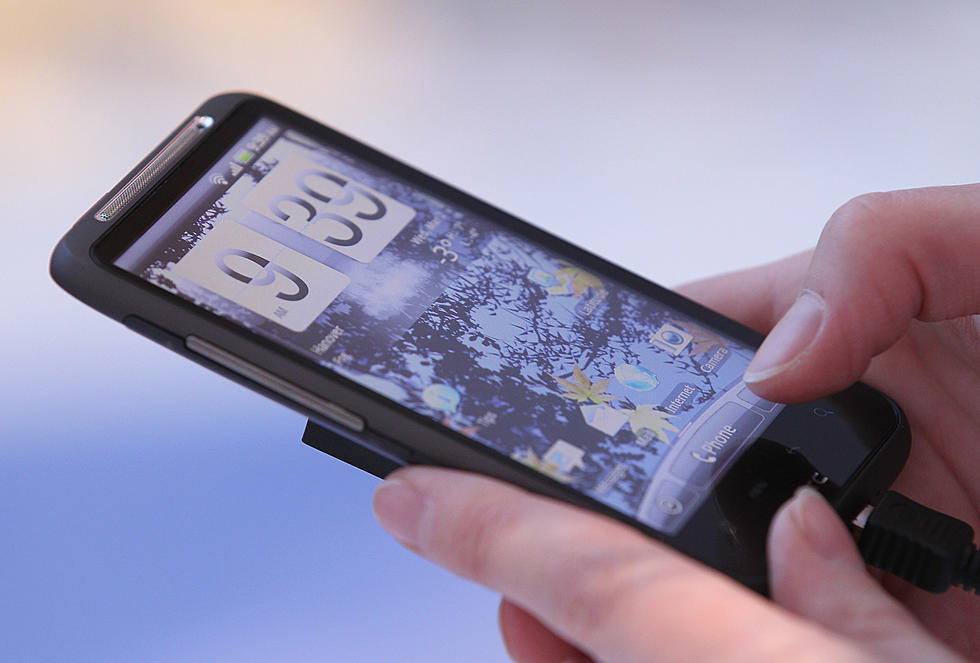
AI Technology Makes You Think You Are Talking To Human on Robocall Scams
It happened to me again the other day, when for some unknown reason I decided to answer an unrecognized number. The gentlemen asked for my wife by name. I said, "Sorry she's not here. This is her husband, what can I do for you?" There was a longer than normal pause. Not that long, but long enough to raise my suspicion. "Oh, well that's fine, I was hoping to talk to either of you, I'm with a charity that helps assist disabled veterans...."
I hung up. How could I turn my back on these disabled veterans?
Because it's not. It's scammers. Last year, I almost fell for one of these. It was a charity scam for some type of "State Trooper" fundraising initiative. I talked back in forth for several minutes with a robot. The technology analyzes what I said and then picks the proper response. The only reason I was able to spot it was because it repeated the same phrase in a row with the same inflection. I was shocked at how this technology almost had me fooled.
Besides the AI fear and trickery, the big take away from this is to not believe every charity is legitimate. They pick very honorable things that pull at people's heart strings. Here's some tips on how you can recognize a scam from the AARP. They will try to get you to donate right away. No reputable charity is going to demand payment on the spot. Get their information and do some research. Don't ever pay with a gift card or wire money.
It's sad that these types of scams can really prey on seniors who don't see something like this coming. Educate the people in your life to make sure they are aware that artificial intelligence exists, and they may be calling you.
More From B105









